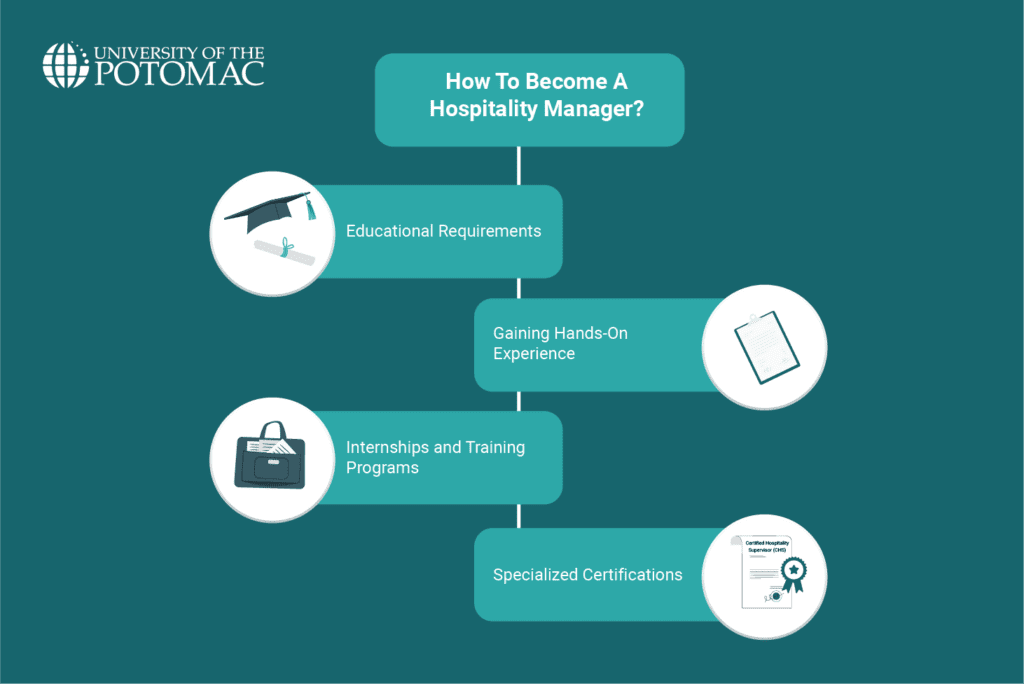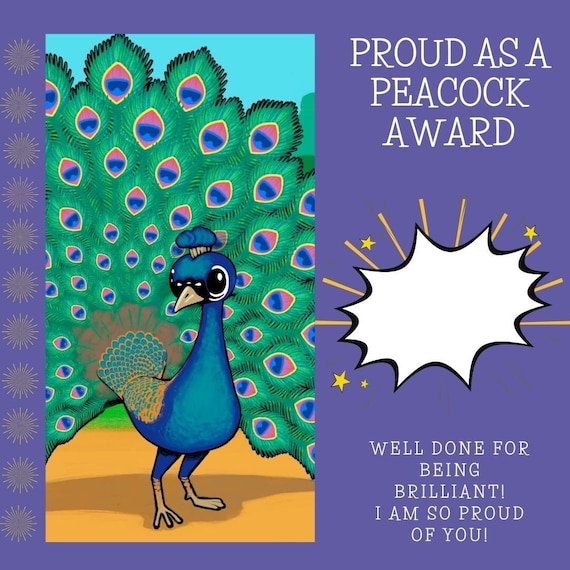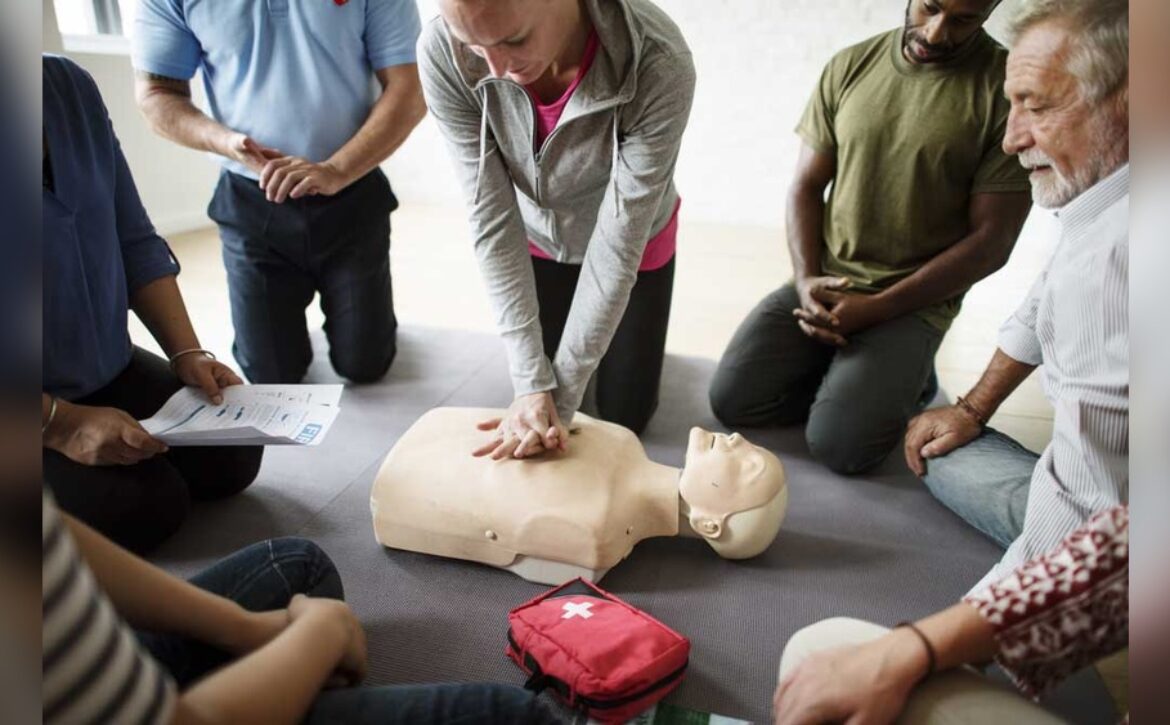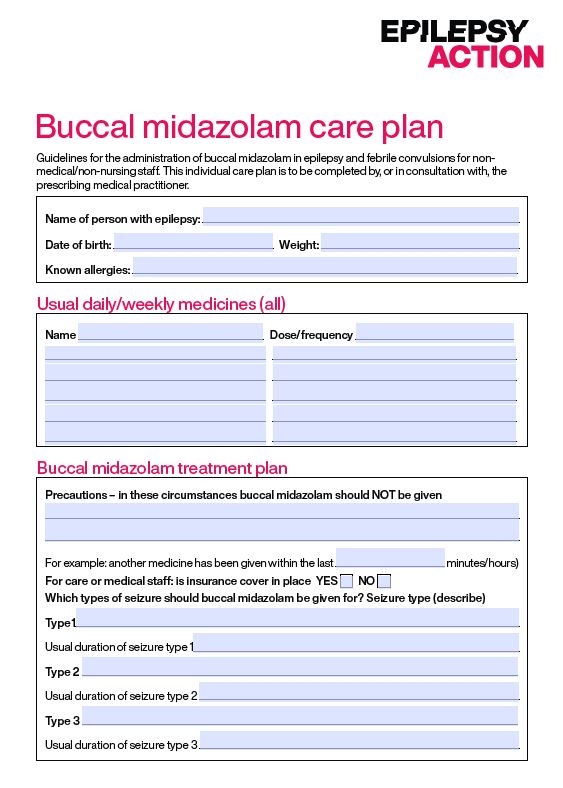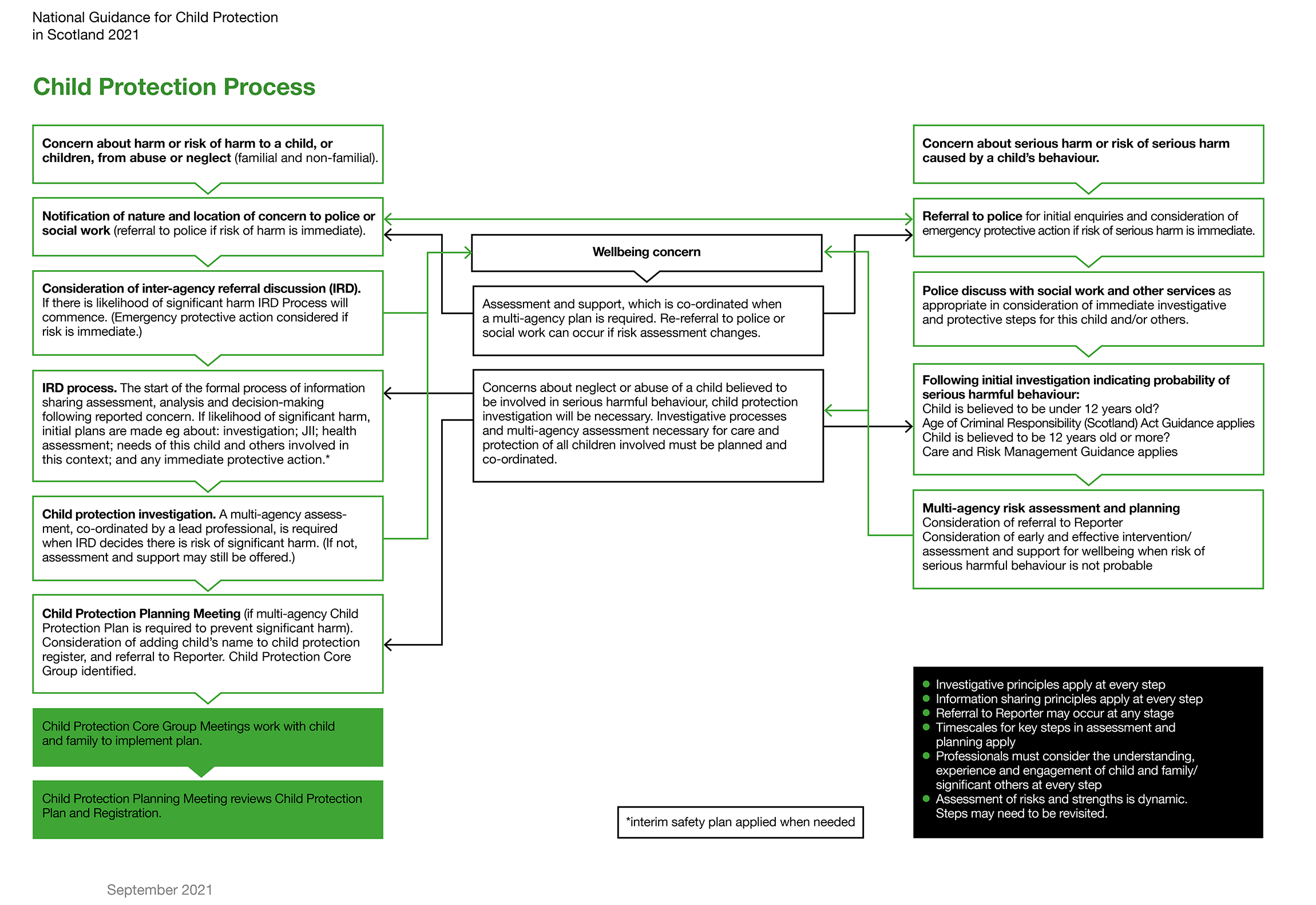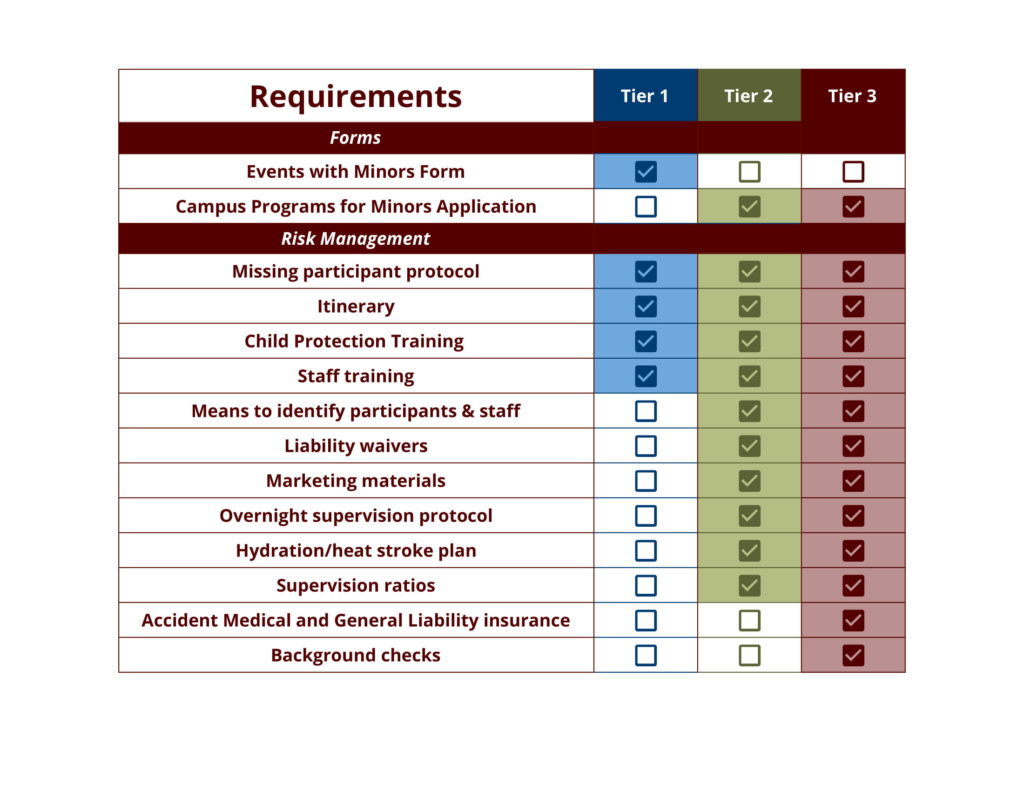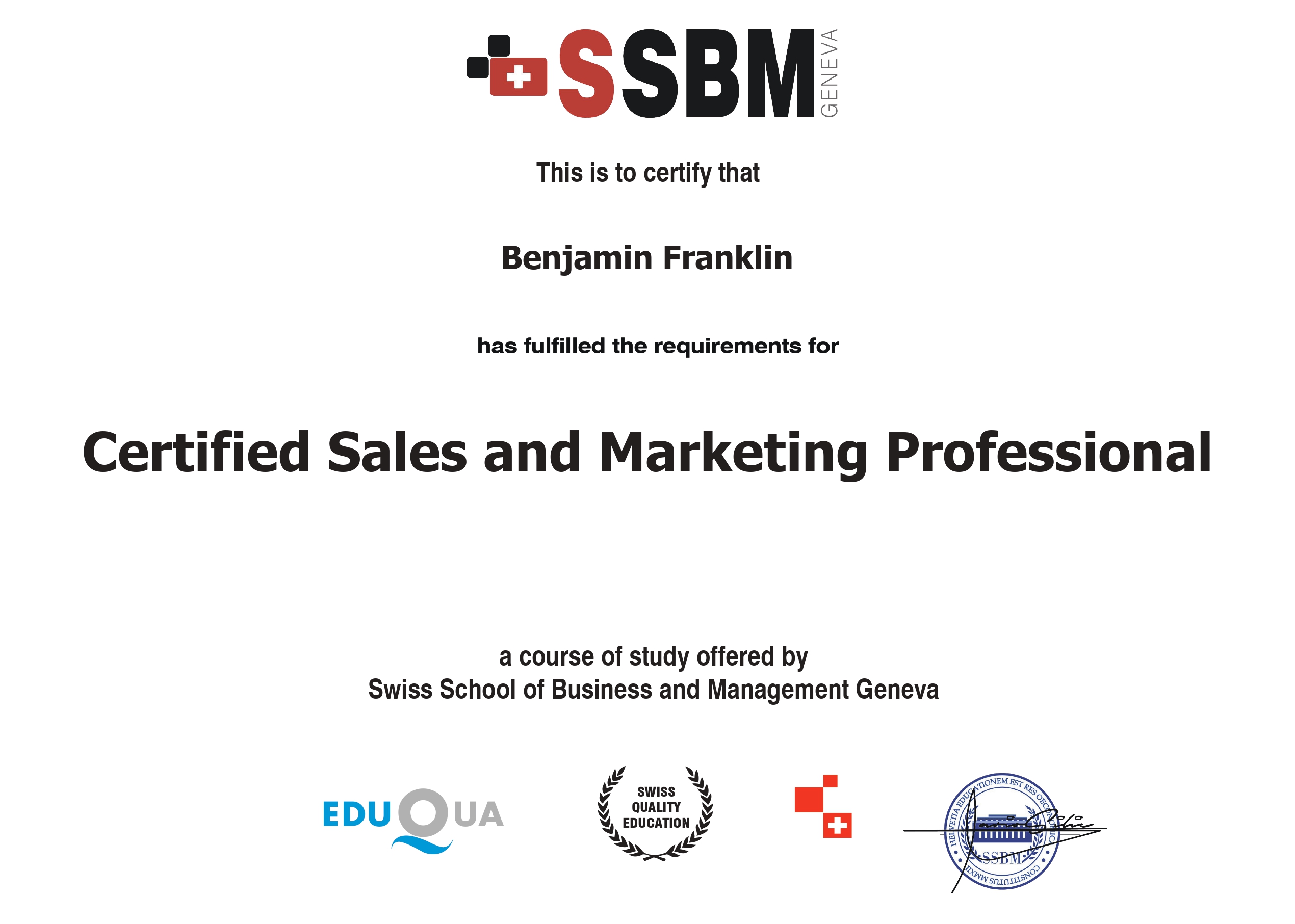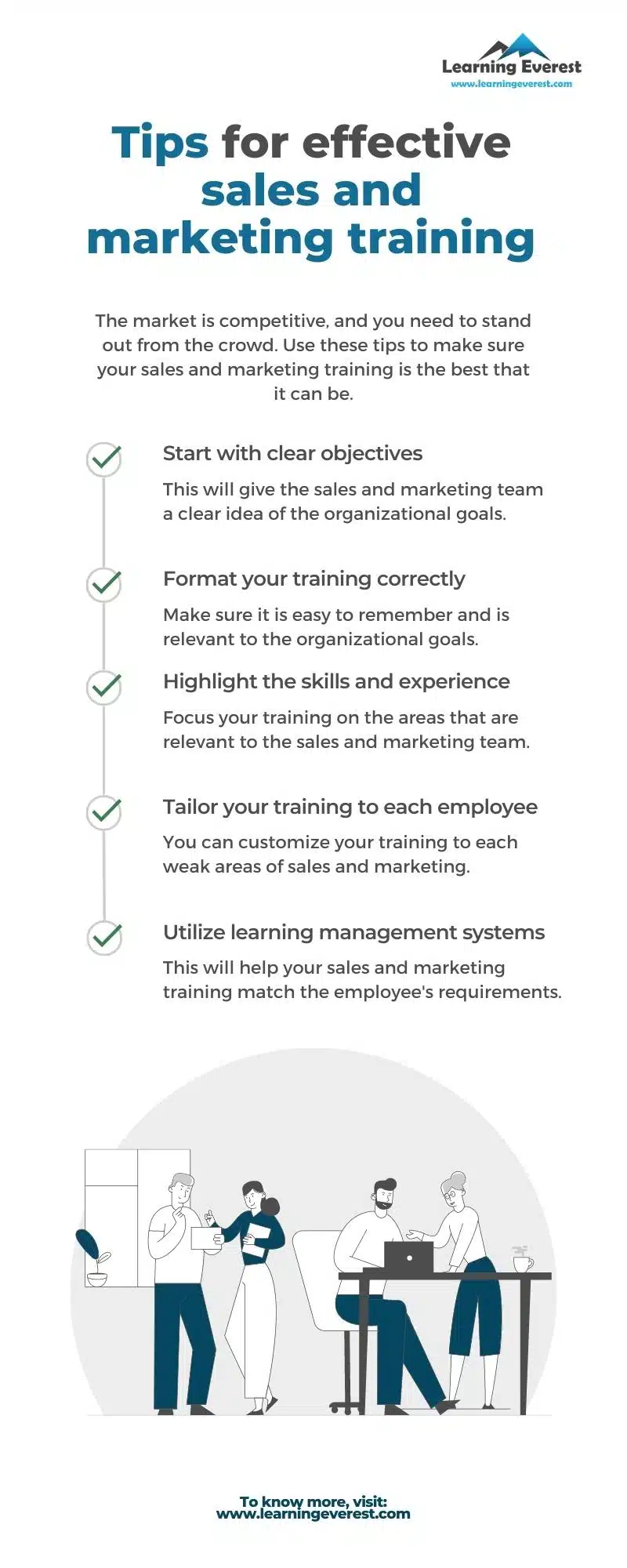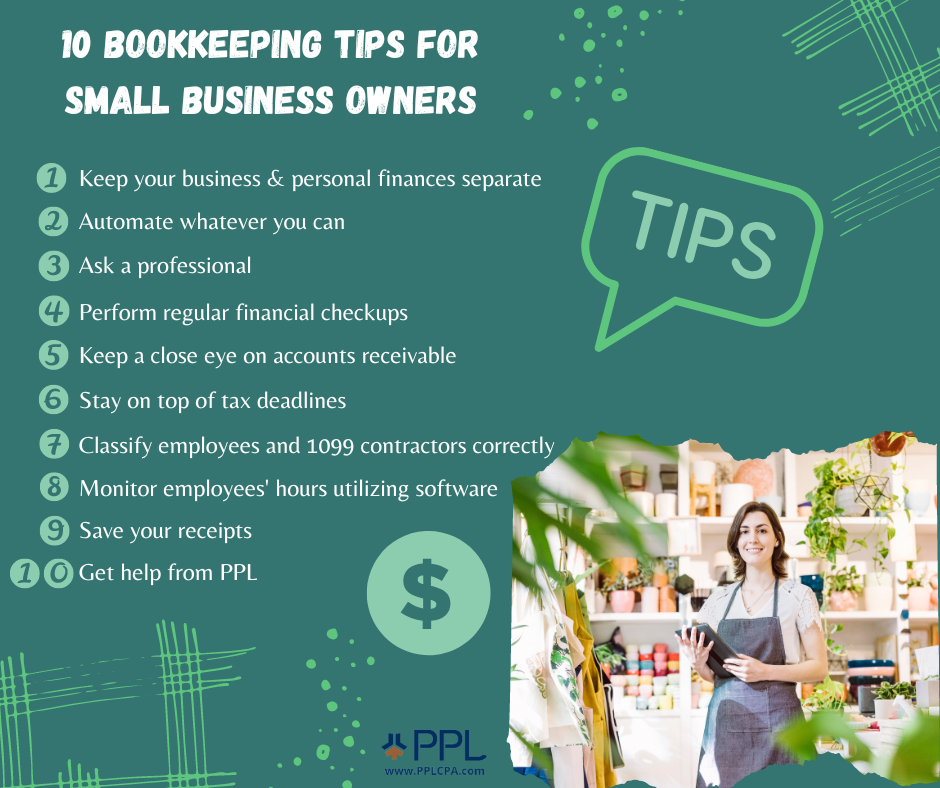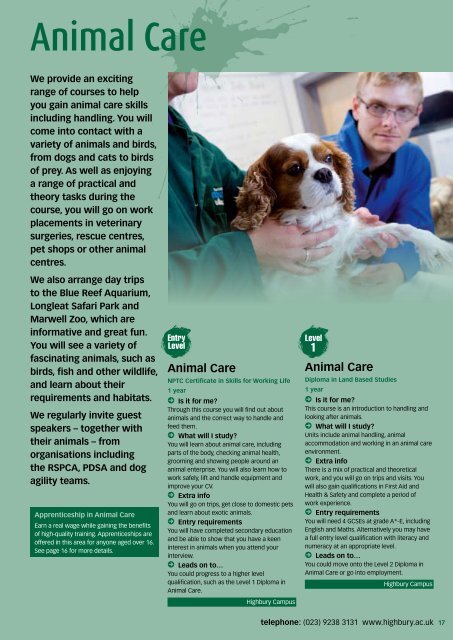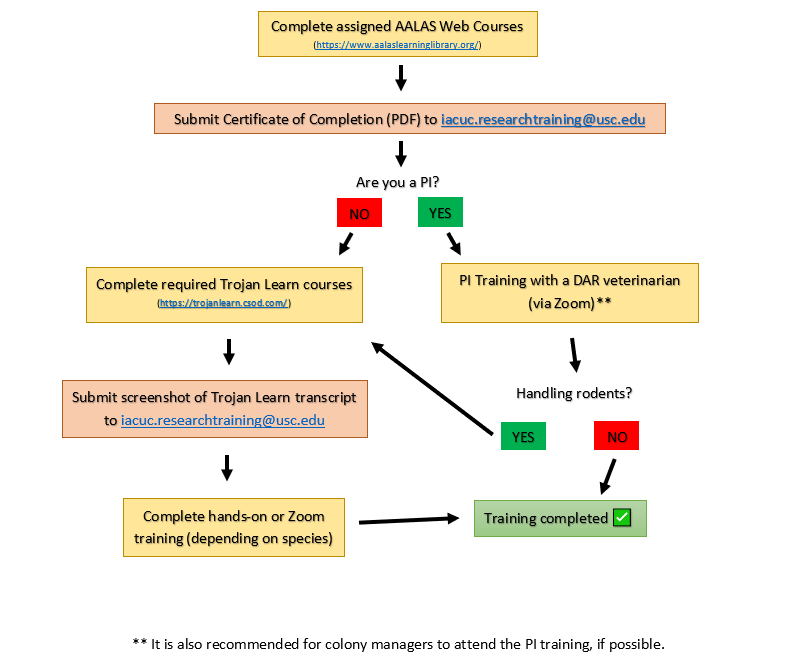How to Become a Certificate Introducing Caring for Children: Expert Guide
Are you passionate about making a difference in the lives of children and young people? Do you find joy in nurturing and guiding the next generation?
If so, obtaining a certificate in caring for children and young people could be the perfect step for you. This certification not only enhances your skills but also opens doors to fulfilling career opportunities. Imagine the satisfaction of knowing you’re equipped with the right tools to support and nurture young minds.
This article will guide you through the process of becoming certified, making it easier for you to turn your passion into a rewarding profession. Stick around to discover how you can make your dream a reality and start making an impact today.
Benefits Of Childcare Certification
Obtaining a childcare certification offers numerous advantages for aspiring childcare professionals. It not only enhances your skills but also boosts your career prospects. With a recognized certification, you stand out in the competitive childcare industry. Let’s explore the key benefits of earning a childcare certification.
1. Enhanced Knowledge And Skills
Certification programs provide comprehensive training in child development. You learn effective communication techniques with children and parents. This knowledge helps in creating safe and nurturing environments.
2. Increased Job Opportunities
Employers prefer candidates with recognized certifications in childcare. It demonstrates commitment and expertise in caring for children. Certified professionals often have access to more job openings.
3. Higher Earning Potential
Certified childcare workers often earn higher salaries. This recognition validates your skills and knowledge. Employers are willing to pay more for trained professionals.
4. Professional Credibility
A certification enhances your credibility in the childcare field. It builds trust with parents and employers. They feel confident in your ability to care for children.
5. Personal Satisfaction And Fulfillment
Caring for children and young people can be rewarding. Certification helps you provide better care. This leads to personal satisfaction and fulfillment in your career.
Key Skills For Childcare
Entering the world of childcare requires a unique set of skills. These skills ensure children and young people receive proper care. Understanding these skills helps you become a better caregiver. Each skill plays a vital role in nurturing young minds.
Communication Skills
Effective communication is essential in childcare. It helps build trust with children. Clear communication makes children feel heard and understood. It involves listening and speaking in simple terms. This way, children feel more comfortable expressing themselves.
Patience And Understanding
Patience is a must when working with children. They may not always follow instructions quickly. Understanding their needs and behavior is crucial. Patience helps in dealing with challenging situations calmly. It also creates a peaceful environment for learning.
Creativity And Play
Creativity brings fun and learning together. Play is an essential part of a child’s development. Engaging activities stimulate their imagination. Creative play encourages problem-solving and social skills. It makes learning enjoyable and effective.
Types Of Childcare Certifications
Childcare certifications open doors to understanding and nurturing young minds. Each certification offers unique skills and knowledge. Aspiring caregivers can choose from various certification paths. These paths equip them with specialized abilities. Let’s explore some key types of childcare certifications.
Early Childhood Education
Early Childhood Education focuses on teaching young children. It covers ages from birth to eight years. This certification teaches developmental milestones. It includes learning styles and teaching strategies. Educators gain skills to create engaging learning environments. They learn about child psychology and behavior management. This certification helps in fostering a love for learning.
Pediatric First Aid
Pediatric First Aid certification is crucial for caregivers. It provides skills to handle emergencies with children. Training includes CPR and dealing with choking. Caregivers learn about treating minor injuries and illnesses. This certification ensures safety and proper care in urgent situations. It builds confidence in handling unexpected events.
Special Needs Care
Special Needs Care certification prepares caregivers for diverse challenges. It focuses on understanding disabilities and special needs. Caregivers learn to create inclusive environments. They gain skills in communication and behavioral management. Training includes adapting learning methods to suit individual needs. This certification promotes empathy and patience.
Steps To Obtain Certification
Becoming certified in caring for children and young people opens doors. A rewarding journey awaits those who pursue this path. Certification provides essential skills and knowledge. It ensures you are well-prepared to nurture young minds. Here’s how to achieve it through structured steps.
Researching Programs
Start by exploring various certification programs. Look for courses that match your interests. Consider the course content and duration. Check if they offer practical experience. Compare costs and accreditation status. This research helps you find a suitable program.
Enrolling In Courses
Once you choose a program, enroll in the courses. Ensure you meet any prerequisites. Registration usually involves filling out forms. Pay attention to deadlines. Online and offline options may be available. Select the format that suits your learning style.
Completing Practicum
Hands-on experience is crucial. Practicum lets you apply theory to real-world situations. Work under supervision in childcare settings. This builds confidence and practical skills. Document your experiences and learn from feedback. Practicum often forms a core part of certification.
Selecting The Right Program
Choosing the right program is crucial for those aiming to earn a certificate in caring for children and young people. Focus on courses that offer practical skills and knowledge about child development, safety, and care techniques. Consider programs with experienced instructors and hands-on learning opportunities to ensure a comprehensive education.
Selecting the right program to become certified in caring for children and young people is a crucial step in your career journey. With so many options available, how do you decide which program fits your needs best? Let’s dive into some key considerations to help you make an informed decision.
Accreditation Importance
Choosing a program with proper accreditation is vital. Accredited programs meet specific standards that ensure high-quality education and training. Imagine investing your time and money in a course only to find it’s not recognized by employers. Research the accrediting bodies relevant to child care education in your area. Check if the program you’re interested in is recognized by these organizations. Your certification will carry more weight and open doors to better job opportunities.
Program Curriculum
The curriculum is the backbone of any educational program. Does the program cover all essential areas like child development, safety, and communication skills? A well-rounded curriculum ensures you’re prepared for real-world challenges. Look for programs that offer practical experiences like internships or placements. These hands-on opportunities can be invaluable. They allow you to apply what you’ve learned and build confidence in your abilities.
Financial Considerations
Finances can be a significant factor when selecting a program. It’s important to find a balance between cost and quality. Are there scholarships, grants, or payment plans available to ease the financial burden? Consider the return on investment. A slightly more expensive program might offer better job prospects or higher salaries. Weigh the long-term benefits against the immediate costs to make a smart financial decision. Selecting the right program is more than just a choice; it’s a stepping stone to your future. By focusing on accreditation, curriculum, and financial factors, you’re setting yourself up for success. Are you ready to take the next step in shaping your career?
Career Opportunities In Childcare
Childcare offers a fulfilling career path for those who love working with kids. Many options exist for those interested in this field. Let’s explore some exciting opportunities.
Daycare Centers
Daycare centers provide care for children while parents work. These facilities need skilled staff to ensure the safety and happiness of children. Roles can range from assistant positions to managerial roles. Working in daycare means creating a nurturing environment. You’ll engage children in educational activities and play. It’s perfect for those who enjoy active, hands-on work.
Nanny Services
Nanny services offer personalized care for children in their homes. Nannies build strong relationships with families. They often work closely with parents to meet the needs of children. This role demands responsibility and trustworthiness. Nannying can include tasks like meal preparation and planning activities. It’s a great choice for those who prefer one-on-one interaction.
Educational Institutions
Educational institutions include schools and learning centers. These places need professionals to support children’s development. Opportunities exist for teaching assistants and specialized child educators. Working here involves guiding children through learning experiences. It’s ideal for those passionate about education and child development. This path allows for creativity in teaching and shaping young minds.
Challenges In The Field
Embarking on a journey to become certified in caring for children and young people is fulfilling yet challenging. The field demands resilience, patience, and a profound understanding of both the emotional and physical aspects involved. As you step into this rewarding career, you will encounter several challenges that test your capabilities and commitment.
Emotional Demands
Caring for children and young people requires a deep emotional investment. You may find yourself dealing with their fears, anxieties, and sometimes even their traumas. How do you maintain your emotional health while being a pillar of support?
Balancing your empathy with professional boundaries is crucial. This ensures you are both supportive and resilient. Consider sharing your experiences with colleagues or mentors. Their insights can provide new perspectives and coping strategies.
Physical Stamina
The physical demands of the job can be intense. From running after toddlers to organizing activities, your energy levels will be tested. Prioritizing your health is essential. How can you ensure you are physically prepared?
Regular exercise and a balanced diet can help. Incorporate stretches and short workouts into your daily routine. These small changes can boost your stamina and keep you energized throughout the day.
Dealing With Parents
Interacting with parents presents its own set of challenges. You may encounter varying expectations and concerns about their child’s care. How can you foster a positive relationship?
Clear communication and transparency are key. Listen actively to parents’ concerns and provide thoughtful feedback. Sharing insights and progress reports can build trust and rapport, ensuring a harmonious partnership.
Facing these challenges head-on requires perseverance and a willingness to learn. As you overcome them, you will not only grow as a caregiver but also make a significant impact on the lives of the children and young people you support.
Continuing Education And Growth
Explore the path to becoming certified in caring for children and young people. Gain essential skills through structured learning programs. These courses focus on understanding child development and effective caregiving strategies. Enhance your ability to support and nurture the young minds in your care.
Continuing education and growth are vital components in the journey of becoming a certified caregiver for children and young people. As you advance in this field, staying updated with the latest knowledge and skills is crucial. The path to excellence doesn’t end with certification; it evolves through continuous learning opportunities that enrich your expertise and enhance the quality of care you provide.
Workshops And Seminars
Attending workshops and seminars can be a game-changer in your professional development. These events offer hands-on experience and allow you to learn directly from experts in the field. Have you ever left a seminar feeling inspired, with fresh ideas to implement in your work? These gatherings are not just about knowledge transfer; they are opportunities to ask questions, engage in discussions, and gain insights you might not find in textbooks.
Advanced Certifications
Pursuing advanced certifications can set you apart in the field of child and youth care. Certifications such as Pediatric First Aid or Child Development Specialist can deepen your expertise. Consider what specialty could elevate your career and align with your passion. Advanced certifications often come with rigorous training, ensuring you gain comprehensive skills. They demonstrate your commitment to excellence and can open doors to new career opportunities.
Networking In The Industry
Building a strong network within the caregiving industry is invaluable. Networking can connect you with mentors, provide job opportunities, and even lead to collaborations. Have you thought about how a simple conversation could spark a new career path? Attending industry events and joining professional organizations can expand your network. These connections often lead to shared resources and support, enhancing your growth and success in caring for children and young people. In the end, the journey of continuous education and growth is about staying curious and proactive. What steps will you take today to ensure you’re not just keeping up, but truly thriving in your profession?
Frequently Asked Questions
What Is A Caring For Children Certificate?
A Caring for Children certificate is a qualification that demonstrates your skills in nurturing young people. It covers child development, health, and safety. This certification can improve your career prospects in childcare or education. It is recognized by employers and educational institutions globally.
How Long To Complete The Certification?
The duration to complete the certification varies, typically around 6 to 12 months. This depends on your study pace and course structure. Flexible learning options may allow faster completion. Check with your provider for specific timelines and requirements.
Are There Prerequisites For This Certification?
Generally, there are no strict prerequisites for enrolling in this certification. However, a basic understanding of childcare principles is beneficial. Some providers may require a high school diploma. Always check the specific requirements of your chosen course.
What Career Opportunities Does This Certification Offer?
This certification opens doors to various childcare roles, such as daycare worker or teaching assistant. It enhances your prospects in educational institutions and social services. It also provides a foundation for further studies in child development or education.
Conclusion
Embarking on this certificate journey enriches your skills in child care. It offers valuable insights and practical knowledge for real-world scenarios. This path not only boosts your career but also impacts young lives positively. You learn to foster a nurturing environment.
Plus, you gain confidence in handling diverse situations. Every lesson builds your ability to care for children and young people effectively. Start today and make a difference in the community. Let your passion for care guide you through this rewarding field.
Your dedication can truly shape the future for many young lives.




